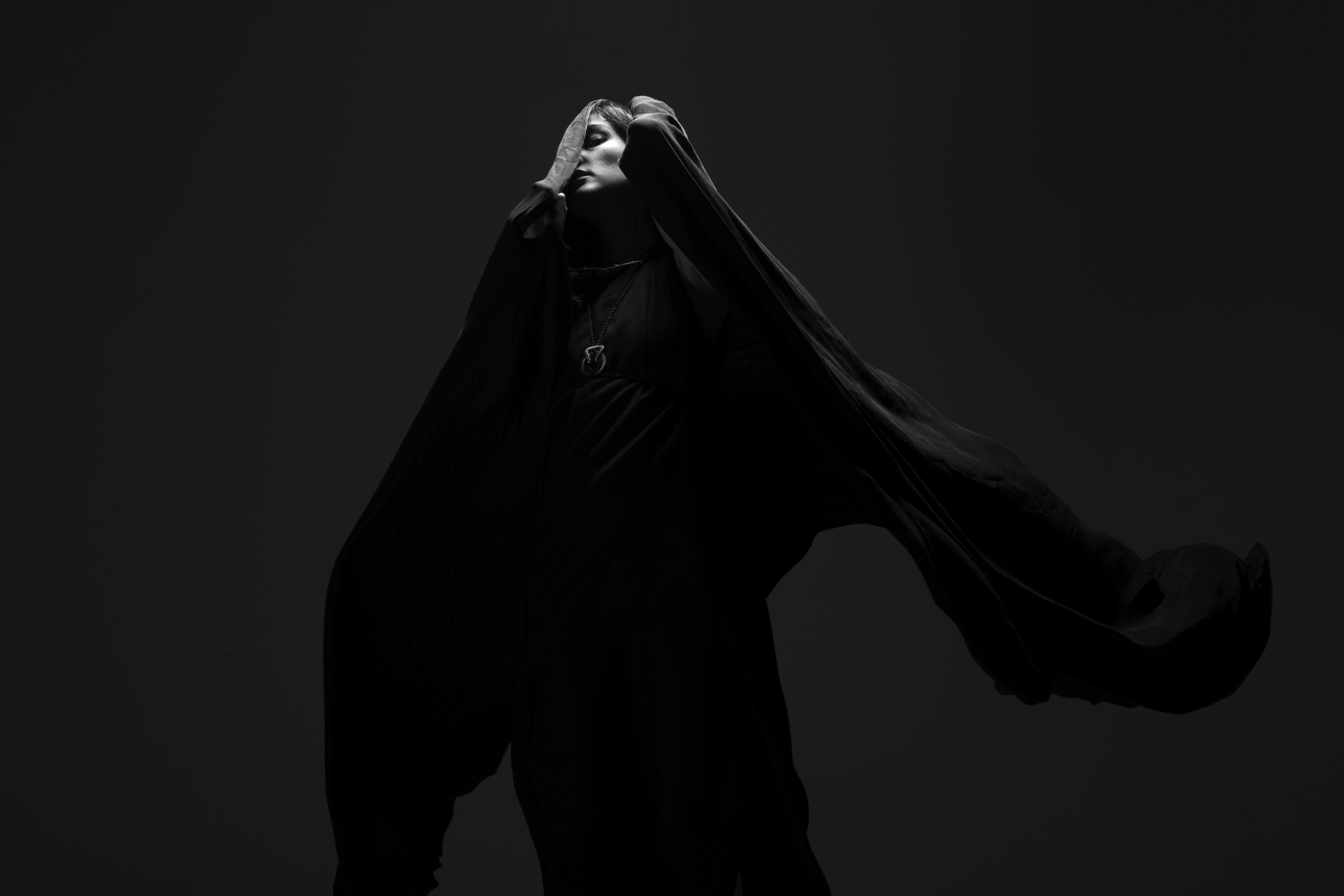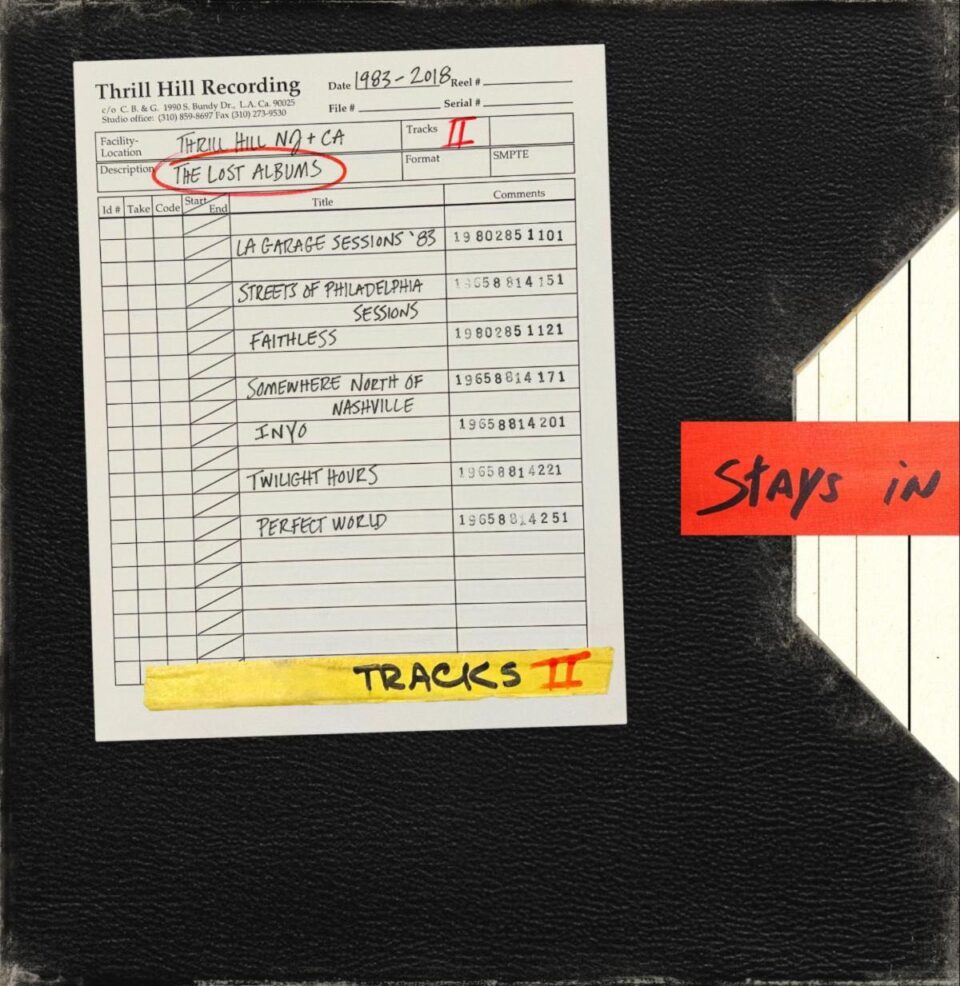Zola Jesus might have been deep in the woods of her home state Wisconsin, but for a few moments during a recent phone interview, she let her mind drift back to the surreality of Los Angeles. The occasion: the upcoming twenty-year anniversary of the Ace Hotel enterprise, which is being celebrated with a special show at their theater in Downtown LA. She’ll be appearing alongside Japanese composer Ryuichi Sakamoto and experimental songwriter serpentwithfeet on October 18 for the event, benefitting Urban Artworks, Sanctuary Art Center, and Art Corps, three Seattle-based nonprofits that support young artists and creative entrepreneurs.
“A couple of years ago, I played the theater for a David Lynch Foundation event, but I got more involved with the Ace Hotel itself through someone who works there, who’s also from Wisconsin,” Zola explains. “We have a lot in common, and share a lot of the same ideas about things, so we’ve really enjoyed collaborating. It just kind of happened naturally through having a relationship with the Ace Hotel.”
The artist born Nika Danilova will bypass electronics for the performance, taking the stage with only a piano. “I love the idea of it being a special solo piano show, which is very rare for me, because it’s very uncomfortable, stressful, and scary,” she admits. “But I’ve really been enjoying doing it more lately. So when the Ace Hotel asked me if I’d be interested in performing at this event with Ryuichi Sakamoto, I was so excited.”
July 2019 marked ten years since Zola Jesus’ debut album The Spoils. She’s spent the last decade delving deeper into her art, as well as taking steps from behind the veil that conceals her sequestered persona. One way she’s gotten closer to the world around her is by wading into the waters of social media, particularly Twitter.
“I used to be very scared of it, because I was scared of becoming vulnerable on a personal level,” she says. “As a musician, we already face so much scrutiny for our art. Offering perspectives in a context that isn’t directly related to the music just made me feel very uncomfortable for a very long time. In an effort to try and break through that wall, I was just like ‘fuck it.’ Avoiding it was alienating me from being able to connect with other people. That’s bad energy. I was missing out on a lot of potentially good things. Through Twitter, I just started being myself, more open.”
Following Zola Jesus there definitely provides a glimpse of Danilova herself: “Even though I didn’t want to misrepresent my music, I realized that what I say is a part of who I am,” she continues. “The music is so wholly me that I’d rather just be myself and be upfront and engaged with people in a really earnest, sincere way—not have this precious wall that makes me feel protected. It’s been really good to connect with people that way. I’m getting away with saying a lot of stuff on there.”
Her fiercely independent nature has also found Zola taking her work to Patreon, which allows listeners to support her in a more direct fashion.
“As a thirteen-year-old growing up in Wisconsin, I didn’t know there were other people like me. The connectivity of being a musician is very important.”
“It’s coming from the same muscle, trying to become more vulnerable,” she explains. “With Patreon, it’s been an attempt to reroute how the music industry works for a musician like me. I have fans, and I have people that want to support what I do, but there’s this moat in between us. And for us to reach each other, I often need to work with these other entities that I feel are old-fashioned, becoming obsolete and exploitative. It’s direct. It’s like mutual aid.”
It is through Patreon that she’s planning on staging a special performance for fans from rural Wisconsin later this month. “I need to give it more thought, because I live out in the woods and my only internet connection is my cellphone data,” she concedes. “It’s going to happen. I might have to record something to post later, just in case something goes wrong. But I feel confident that I can make it work. I’ve done crazier things. I like a good challenge.”
She concludes: “For me, the longer I’ve been making music and this whole rigamarole, the more I’ve become interested in relationships. I just want to be able to make things that I love and build bridges with people. As a thirteen-year-old growing up in Wisconsin, I didn’t know there were other people like me. The connectivity of being a musician is very important.” FL









